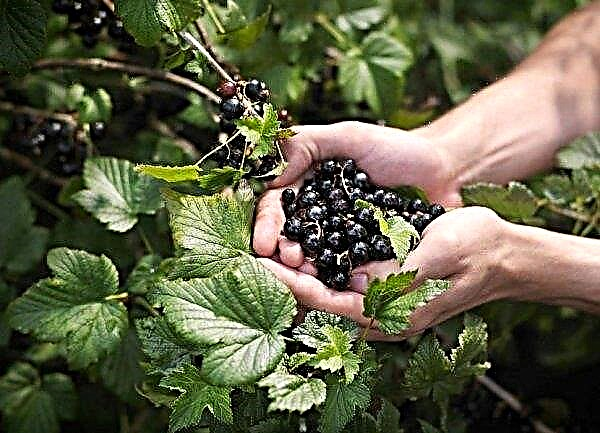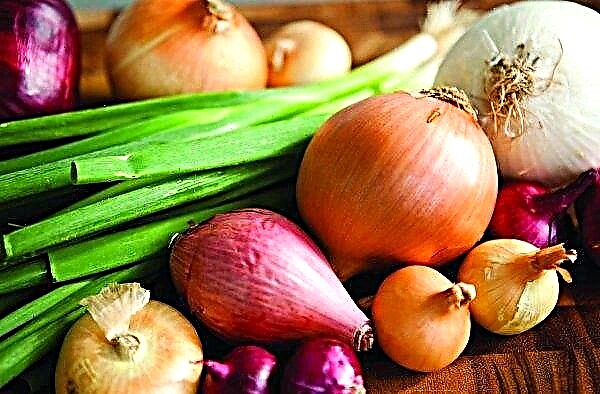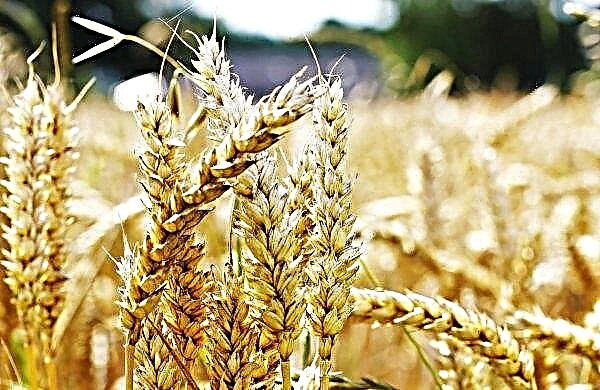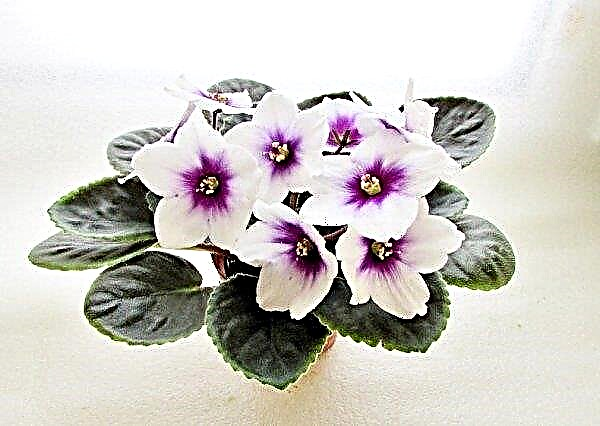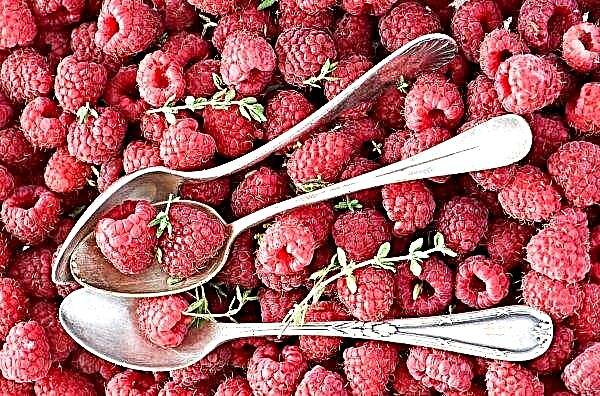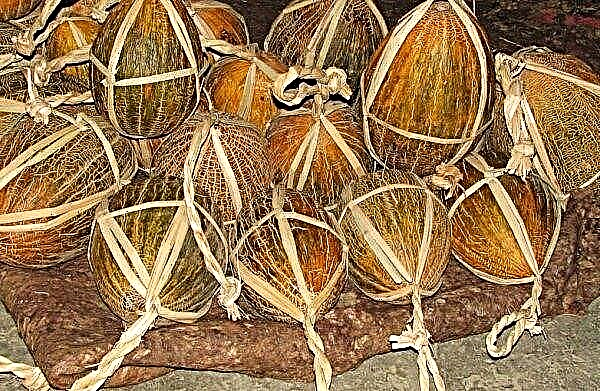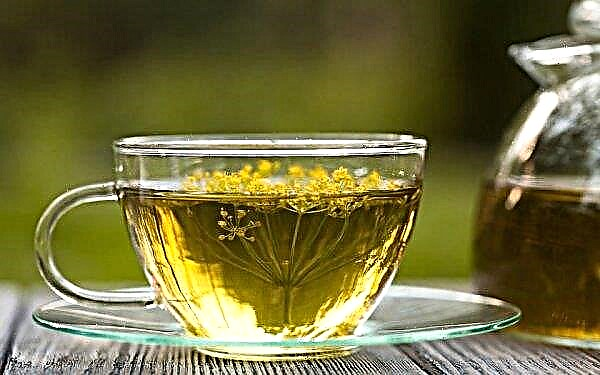Carrots are one of the most sought after crops. In addition to the fact that it is used to improve the taste of dishes, it has a large number of useful properties. In addition to the usual cultivars, wild carrots growing in the natural environment are also widely used for medicinal purposes.
Wild Carrot Locations
Wild carrots can be found in some areas of Ukraine and the Russian Federation, in these areas it is in demand in traditional medicine. In Europe, it is mostly considered a weed. You can see the wild progenitor of a cultivated vegetable in New Zealand, in America, Asia and even on the African continent. The plant is unpretentious to the growth environment, only loves a lot of sun. You can see it on meadows, near roads, near villages, on uncultivated fields. The tops are very noticeable among wild herbs, as they stand out against their background with long stems and a white umbrella.
Important! Often wild carrots are confused with a spotted hemlock. Although they have similar external features, they can still be distinguished. It is very important not to make mistakes when collecting herbs, the hemlock contains toxic substances.
Description and characteristic
The plant is grassy and belongs to the Umbrella family. The name comes from the Latin Daucus carota and means "burning to taste." The seeds of the plant give a burning aftertaste.
What are the differences from ordinary
Representatives of wild carrots grow in the natural environment, their root crops are not edible. Ordinary carrots of cultivated varieties are planted in gardens and divided into two main groups: fodder (for feeding livestock) and table (for fresh consumption, making juices and dishes). Although cultivars were bred from wild representatives, their qualities differ significantly. The essential oils that make up the wild representatives are added to various remedies aimed at treating vitamin A deficiency, problems with the urethra and expelling helminths.
Chemical and vitamin composition
Wild carrot fruits contain about 7.5% of essential oils:
- geraniol - a natural substance, creates an antifungal effect, lowers blood pressure, is often used in cosmetology;
- geranyl acetate - has healing properties;
- derivatives of flavone oils - eliminate problems with a chair, clear of toxins;
- fixed oils - provide a rational distribution of nutrients in the body.
Important! The abuse of wild carrots can lead to an excess of beta-carotene in the body, which will affect the functionality of the liver.
At the heart of the fruit are found geraniol, provitamin A, vitamins B1, B2 and C. The root part contains many trace elements and nutrients:
- carotene - a lack in the body affects the general well-being;
- vitamin C - necessary to maintain general immunity;
- riboflavin - regulates the biological processes of the body;
- iron - supplies the body with energy and affects the composition of blood cells,
- essential oils - a deficiency affects the condition of the skin and many others. other
 The composition of the seeds contains up to 1.6% of fatty and essential oils. In inflorescences there are flavonoids (which have an antioxidant effect on the human body) and anthocyanin compounds. Substances that give coloring to plants are necessary for a person to maintain health. Some scientists claim that normalized intake of anthocyanins prevents the growth of malignant cells, but abuse, in turn, can be harmful to the body.
The composition of the seeds contains up to 1.6% of fatty and essential oils. In inflorescences there are flavonoids (which have an antioxidant effect on the human body) and anthocyanin compounds. Substances that give coloring to plants are necessary for a person to maintain health. Some scientists claim that normalized intake of anthocyanins prevents the growth of malignant cells, but abuse, in turn, can be harmful to the body.The healing properties of wild carrots
At the moment, it is difficult to determine when wild carrots were first used for medicinal purposes. The first records of its beneficial properties were found in sources dating from the 1st century BC. e.
- She was prescribed as a remedy:
- soothing pain;
- destroying pathogenic microflora;
- relieving inflammatory processes;
- choleretic agent;
- reducing edema;
- antitussive;
- a tool to improve lactation;
- with tuberculosis;
- in the treatment of hemorrhoids and many others. other
In traditional medicine, all parts of wild carrots are used separately, but the seeds and fruits are most in demand. It is in these parts of the plant that the largest number of trace elements is found.
Did you know? In European countries, cultivated carrots are classified as fruits and vegetables. Portuguese farmers make jam from it and deliver it to Europe. According to the law, jam can be made only from fruits, which shared the opinion about this plant.
Fruit
Various tinctures are made on the basis of fruits. After digging, the fruit is subjected to high-temperature processing for good drying. Then it is ground into powder using a coffee grinder. This part of the plant is used for various diseases of the internal organs. Especially often tinctures from the fruits of wild carrots are taken for tuberculosis.
Semen
Seed collection should be carried out in October and early November, until they began to crumble. They are used in the form of a powder to relieve pain in the gastrointestinal tract. Seeds of a wild plant are used to increase libido, stimulate menstruation and delay menopause.
Seed-based tinctures are intended for:
- to reduce gas formation;
- strengthening diuretic action and reducing swelling of soft tissues;
- excretion of stones formed in the kidneys and ureter;
- to reduce cramping.
Previously, seeds were part of drugs that improve cardiac activity. An effective effect is also observed in case of disorders of the central nervous system. For this reason, wild plant seeds are taken for renal colic.
Did you know? Some villages in Germany have preserved recipes for making coffee from roasted carrots. The drink is called "soldier" coffee.
Root crops
It can be consumed fresh or made juice. High efficiency is observed in the treatment of helminthic infestations, root crops are also taken as a laxative. Dried add to tea or season food. If you grind this part of the plant, then it can be applied to wounds and hematomas. Fresh roots are recommended to be taken orally with anemia. In the modern world, the root part of a plant is added to carotenoids and dietary supplements.
Leaf
Wild carrots are a unique healing plant, even its leafy part has medicinal properties. Often, ointments for external use are made from it or soothing teas are steamed.
Features of application in traditional medicine
The carrots were appreciated by the famous doctors of ancient Greece. In many manuscripts of such figures as Hippocrates and Galen, records of its preparation and application are found.
Tuberculosis treatment
Wild carrots are used for diseases of the respiratory system and tuberculosis inclusive. The drug has an antitussive effect and has an antibacterial effect. The intensity of coughing attacks is dulled, the bronchial branches and lungs are cleared. Pulmonary bleeding is prevented.
Recipe: 2 tsp seeds must be poured with boiled hot water and insisted for at least 5 minutes. Then the solution needs to be filtered. During the day, it is recommended to drink 2 tbsp. decoction. It is worth using in small sips, dividing the intake into periods. In normal inflammation, the medicine is used before the onset of the effect, usually the course lasts 1-2 weeks, depending on the neglect of the disease. Tuberculosis treatment can last more than a month.
Treatment of cholelithiasis and urolithiasis
With the help of the prepared preparation, the outflow of stagnant bile can be activated. Complete healing and quick effect are observed with timely treatment in the early stages of stagnation. Herbal broth should be used on a regular basis, clearly observing the required dosage. Usually use the seeds of the plant. Properly prepared broth helps dissolve stones and reduce glucose in the blood.
Recipe: 3 tbsp. seeds must be filled with 3 cups of boiled water and kept the resulting mixture in a water bath for about 10 minutes. A filtered drink is consumed hot at 1 tbsp. 3 p. in a day. The same recipe is used for stone diseases of the urethra. Regular use of the decoction accelerates the process of removing sand from the kidneys and ureter. Thus, it is possible to prevent the formation of large stones, which in a natural way will be impossible to remove.
Nervous System Protection
Decoctions of wild carrots have a beneficial effect on the emotional state of a person with excessive psychological stress. With the use of preparations and decoctions based on this plant, a relaxation of nervous tension is observed, which naturally prevents the occurrence of chronic mental illness.
Broth Recipe: 1 tbsp. pour a spoonful of powdered seeds into 250 ml of drinking water and boil for 1 min. Infuse the broth for about 2 hours. A filtered drink takes 3 r. per day for 1 tbsp. spoon. It is better to eat before meals. The duration of treatment depends on the condition of the person.
Treatment of constipation
Brewed stems or inflorescences of wild carrots improve intestinal motility, thereby preventing problems with constipation. You can use such a drink for both adults and children. You need to drink tea 1-2 times a day for 1 week.
Methods for the collection and storage of wild carrots
One of the most important measures, if you want to use the healing properties of wild carrots, is its direct assembly and storage.
To use each part of the herbaceous plant, it is worth observing some rules:
- Harvesting of leaves is carried out during flowering. Leaves are dried and stored in a dry place. They can be placed in glass containers or suspended in a bag.
- The harvesting of the root crop is carried out in the spring before the stage of the beginning of growth or in late autumn. They are dug up, crushed from the ground and dried. You can use the root crop fresh or make juice from it.
- Fruit harvesting is carried out in autumn at the end of the flowering period, usually this is the end of October - beginning of November. Early harvesting is undesirable, as the fruits may not be fully ripened. Tighten is also not worth it, otherwise they may dry out even in the ground.
- Seeds are also harvested after flowering before they begin to crumble. Umbrellas are cut, then crushed on a dry litter (paper, cloth) and dried. They are ground into powder.
- Inflorescences need to be removed on the 2-3rd day after their appearance. Cut flowers are dried in the sun and stored in a sealed container.

Possible side effects
With excessive consumption of wild carrots, there is a risk of an excess of vitamin A in the body. If you find any discomfort after taking this plant, you should immediately abandon its further consumption.
- Side effects can occur in the form of:
- skin peeling;
- the appearance of wounds on the corners of the mouth;
- fatigue;
- apathetic state;
- headaches and dizziness;
- profuse sweating, especially at night;
- itchy skin.
For many centuries, wild carrots have been used by humans as a medicinal plant. But it is worthwhile to understand that it is not possible for any diagnosis to apply it. Always remember about contraindications and possible personal intolerance. With peptic ulcers, decoctions and infusions from this plant are best not to be consumed.



